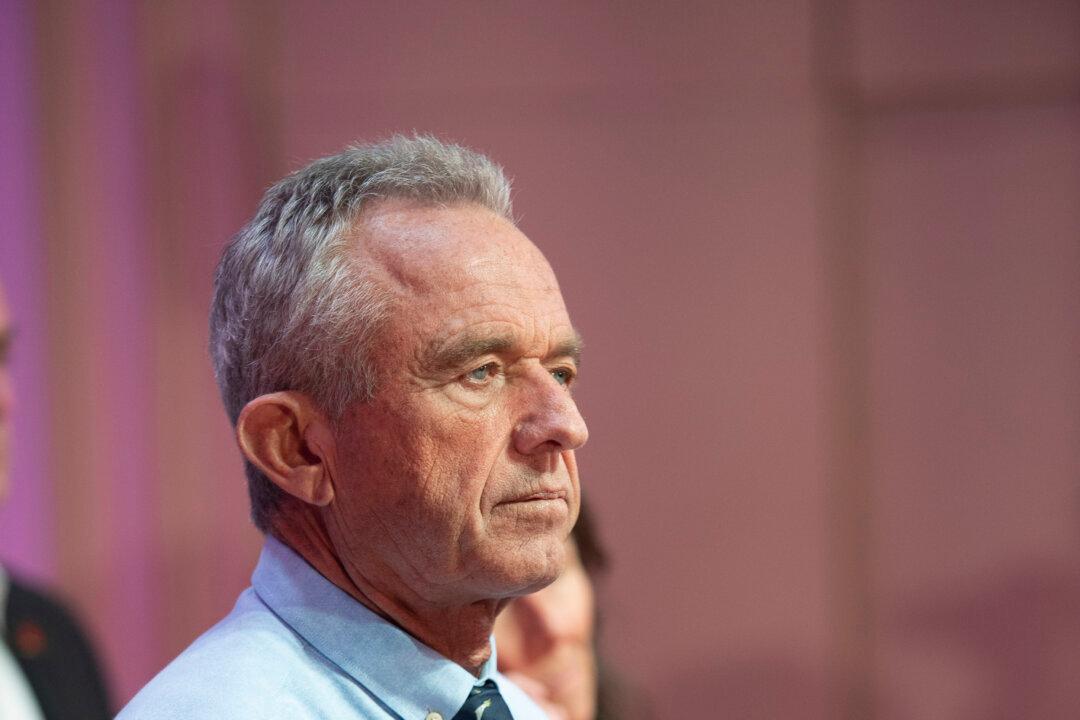If Robert F. Kennedy Jr. had remained a Democrat, his Super Tuesday would have been focused on competing against President Joe Biden for delegates. But as an independent candidate, Mr. Kennedy’s March 5 victories were all about qualifying to appear on the general election ballot in November.
While President Biden and former President Donald Trump celebrated victories catapulting them closer to their parties’ nomination, Mr. Kennedy’s campaign said on March 5 that it had collected enough signatures to appear on the Nevada general election ballot, and it won a lawsuit that challenged Idaho’s “unconstitutional” early filing deadline.





